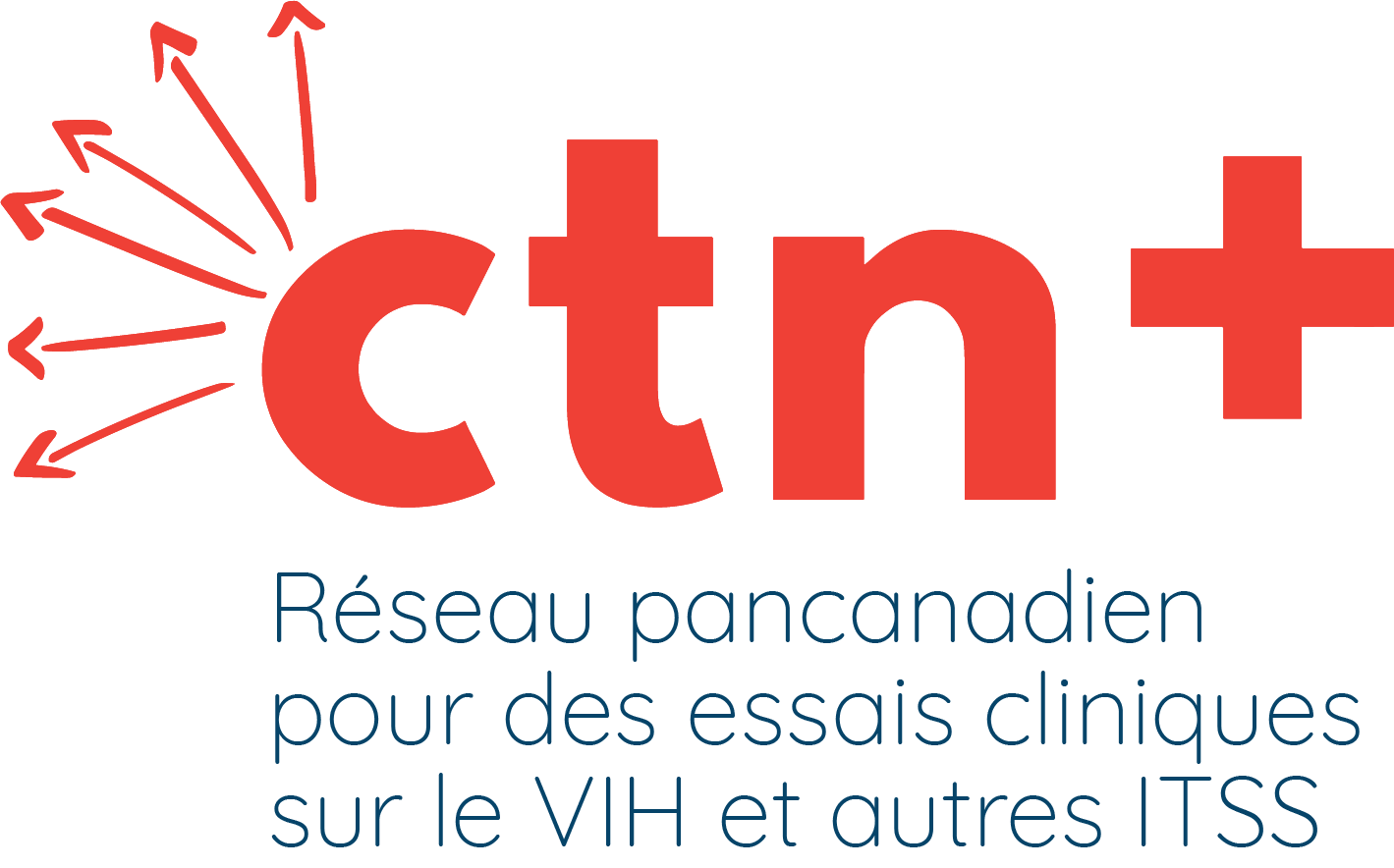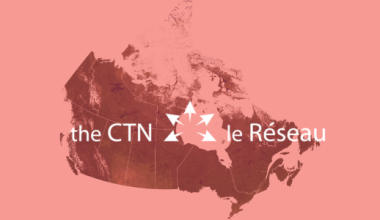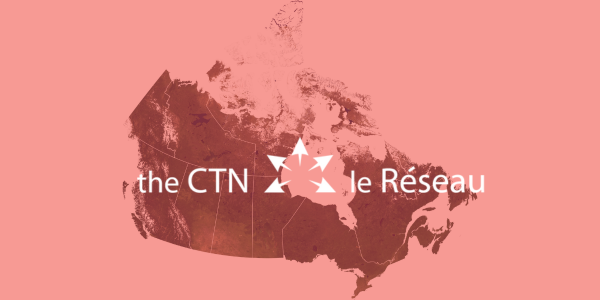Early data from the CTN 268 – ANRS IPERGAY trial validates ‘on demand’ pre-exposure prophylaxis (PrEP)
Study investigators for the ANRS IPERGAY trial (CTN 268) announced late last October that they were closing the placebo arm of the PrEP randomized trial. Up to this point the study had focused on comparing ‘on demand’ use of the drug Truvada® (tenofovir/FTC) to a placebo among men who have sex with men (MSM).
Canadian principal investigator for the trial, Dr. Cécile Tremblay (Centre hospitalier de l’Université de Montréal (CHUM), said that the data reviewed early on by the Data Safety Monitoring Board showed extremely high levels of PrEP effectiveness in the intervention arm, to the extent that it was necessary to ensure that all participants had access to the drug.
In Canada, the study recruited 53 MSM into Phase I of the study, the rest of the over 350 participants were enrolled in France. Participants, who were randomized to receive the drug, took two pills in the 24-hour period before anticipated sexual intercourse and two separate one-pill doses in the two days following sex. All participants also received prevention counselling, condoms, and other support.
The decision to close the IPERGAY placebo arm comes on the heels of a similar decision made by the U.K. based PROUD study, which also found compelling reasons to stop the placebo arm and provide PrEP to all participants. The iPrEx trial in the US, which was the first study to look at daily ongoing use of PreP, also recently reported significant findings supporting PrEP as a powerful HIV prevention tool. While the IPERGAY research team has not released any official data, Professor Jean-Michel Molina, Principal Investigator for the study in France, reported to the media that PrEP’s effectiveness in the IPERGAY study was in the range of 80 percent, stopping four out of five infections from happening.
These early findings add to a growing body of research supporting PrEP’s effectiveness in HIV prevention. In the U.S. iPrEx study, the effectiveness of PrEP was shown to be dependent on the drug being taken consistently each day. The decision to close the IPERGAY placebo arm suggests that the innovative “on-demand” approach (taken when needed based on the frequency of sexual relations) has received some significant validation. “These early results extend the versatility of PrEP for real-world conditions and adds another important prevention tool along with counselling and condoms,” says Dr. Tremblay.
The full results of the ANRS IPERGAY trial will be available in early 2015. The study will continue with open-label “on-demand” Truvada for at least a year to ensure the continued long-term benefit of “on demand” PrEP and also to assess its long-term safety.






